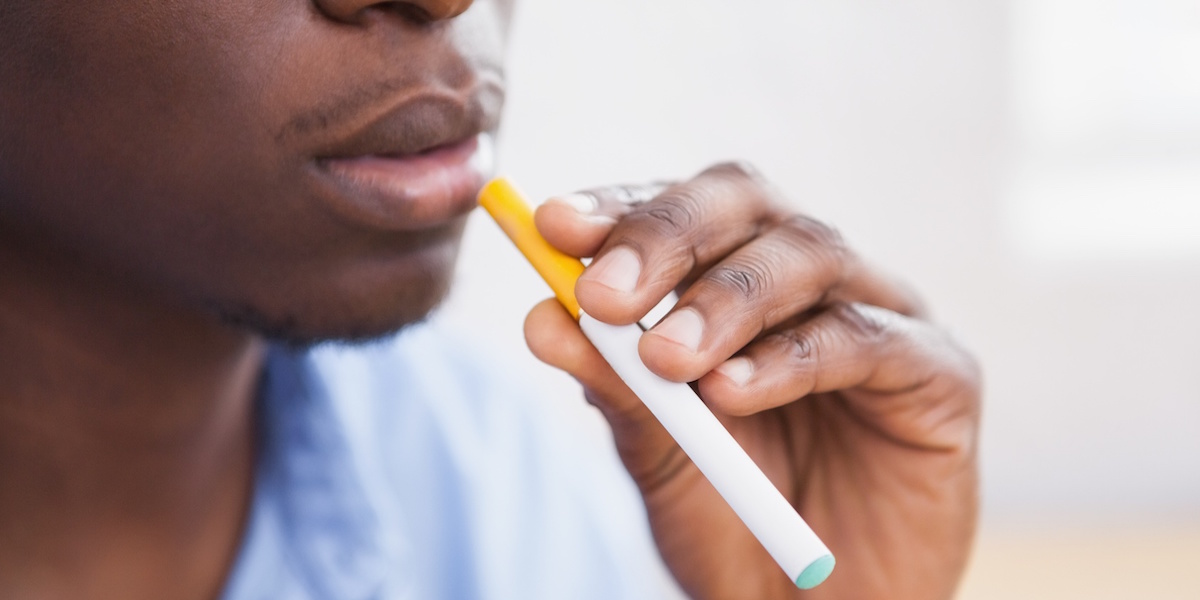
The following is excerpted from an online article posted by HealthDay.
Socially awkward young adults are more prone to regularly binge drink, but they back off their boozing bouts as they become older and more secure.
A new study published recently in the journal Alcohol: Clinical and Experimental Research shows that young adults who are more self-conscious appear to binge drink more often.
However, these same self-conscious people had lower rates of binge drinking as they grew older, researchers discovered in a psychological experiment.
“People who are self-conscious may be more sensitive to social norms and expectations and, therefore, drink more in their late teens and early twenties when heavy drinking may be more typical and drink less as they get older and norms around drinking change,” the research team led by Jiaxu Han, a doctoral student at the University of Illinois at Urbana-Champaign, speculated in a news release from the Research Society on Alcoholism.
For the study, researchers recruited nearly 250 people in their 20s who socially drink and invited them to a psych lab, where they completed questionnaires designed to assess their drinking behaviors.
Study participants drank a cocktail of soda and 100-proof vodka, designed to bring them to a blood alcohol level of 0.08% — the level that a person reaches when they binge drink, according to the National Institute on Alcohol Abuse and Alcoholism.
Participants then engaged in a 4-minute-long conversation with a friend via a video call, followed by another chat the same length with a stranger. Half the video screen displayed the participant’s own face, and the other half displayed the face of the other person in the conversation.
Researchers tracked participants’ eye movements to see how much time they spent looking at themselves during the conversation versus looking at the other person.
The more self-focused a person was during the video calls, the more binge drinking days they tended to have, researchers found.
Specifically, for every 1% increase in time a person spent looking at themselves during the video chat, there was a 1.3% increase in their reported binge drinking days.
On the other hand, for every 1% decrease in time spent looking at the other person, there was a 1.1% decrease in binge drinking days.
However, follow-up questionnaires found that as these people grew older, the amount of time they had spent looking at themselves wound up associated with a considerable decrease in their binge drinking days.
Source: HealthDay
https://www.healthday.com/health-news/child-health/feeling-self-conscious-is-linked-to-teen-binge-drinking

 Teen Suicide, Binge Drinking Decline, New National Data Show
Teen Suicide, Binge Drinking Decline, New National Data Show  Vaping May Be Reversing Decades of Progress Against Youth Smoking
Vaping May Be Reversing Decades of Progress Against Youth Smoking  Genetics and Personality Traits Shape Early Teen Drinking Risk
Genetics and Personality Traits Shape Early Teen Drinking Risk